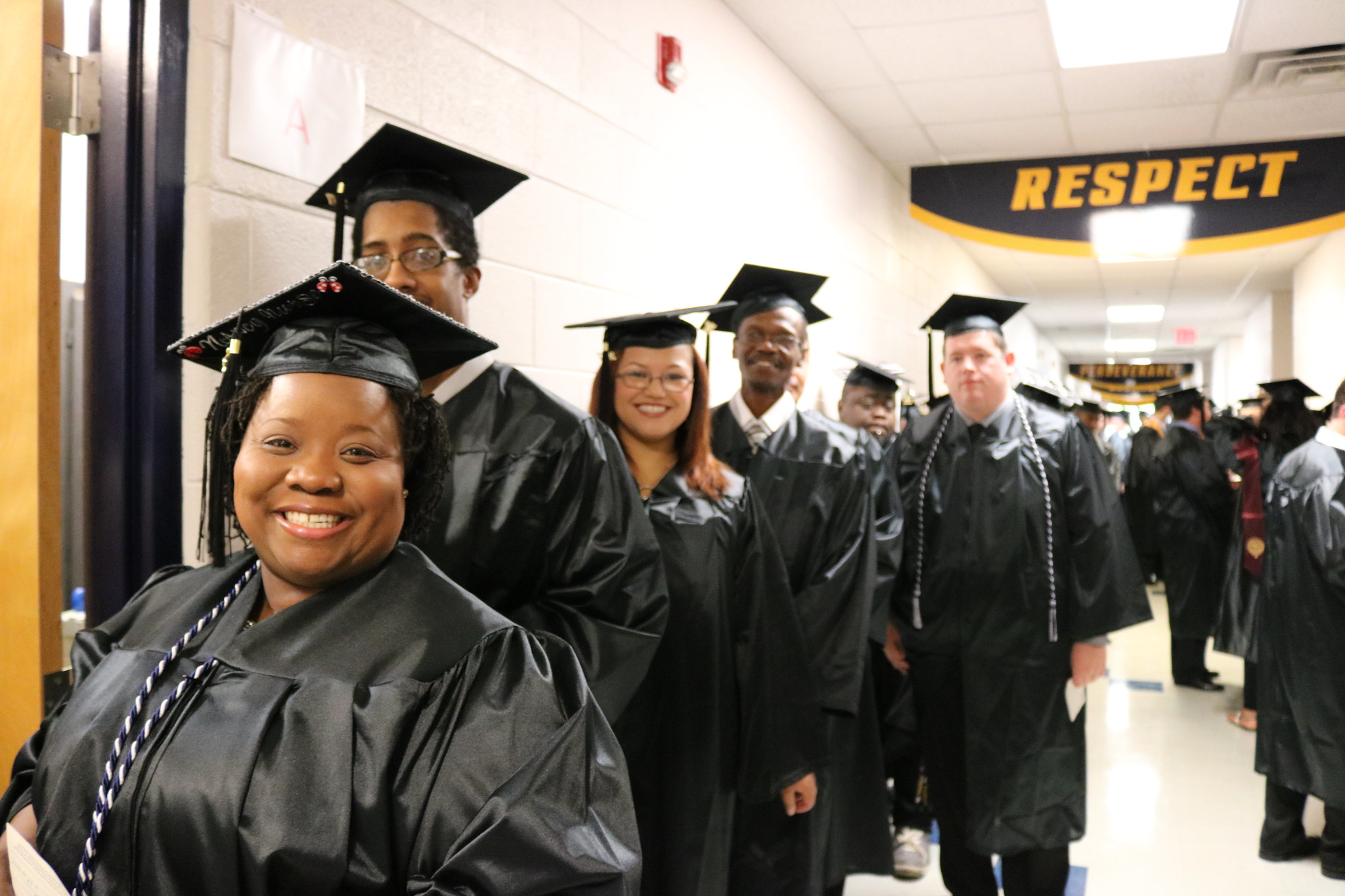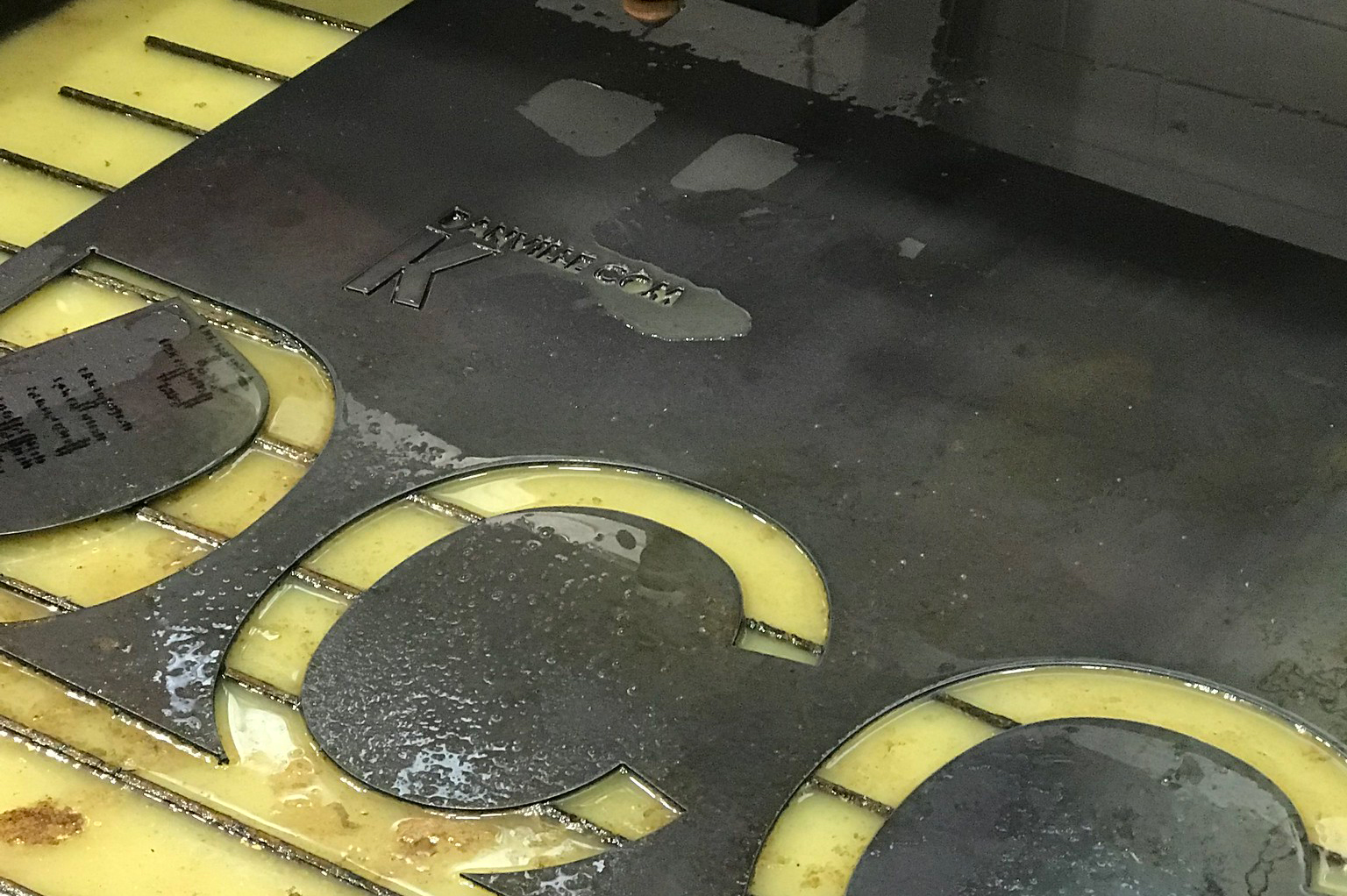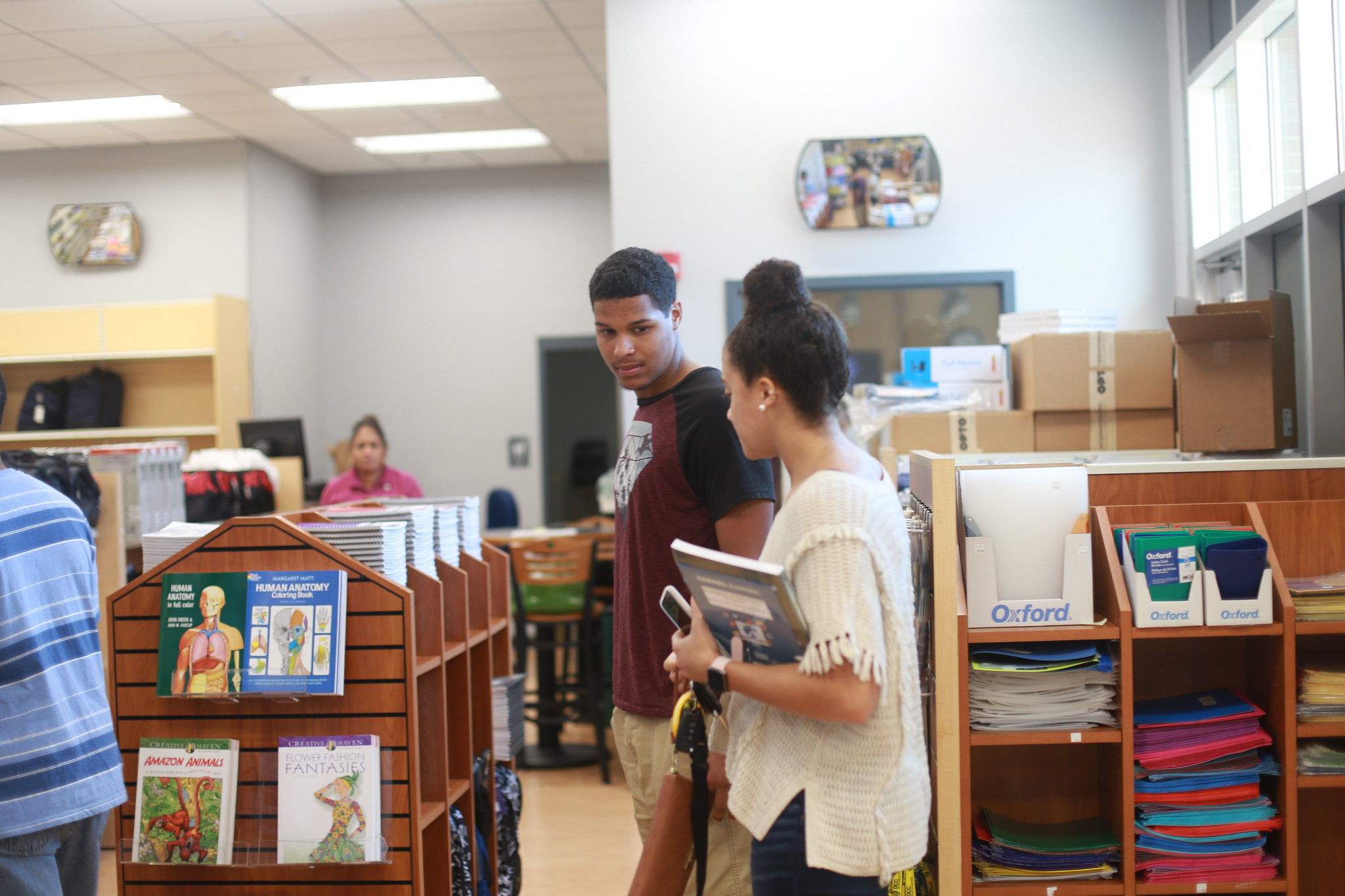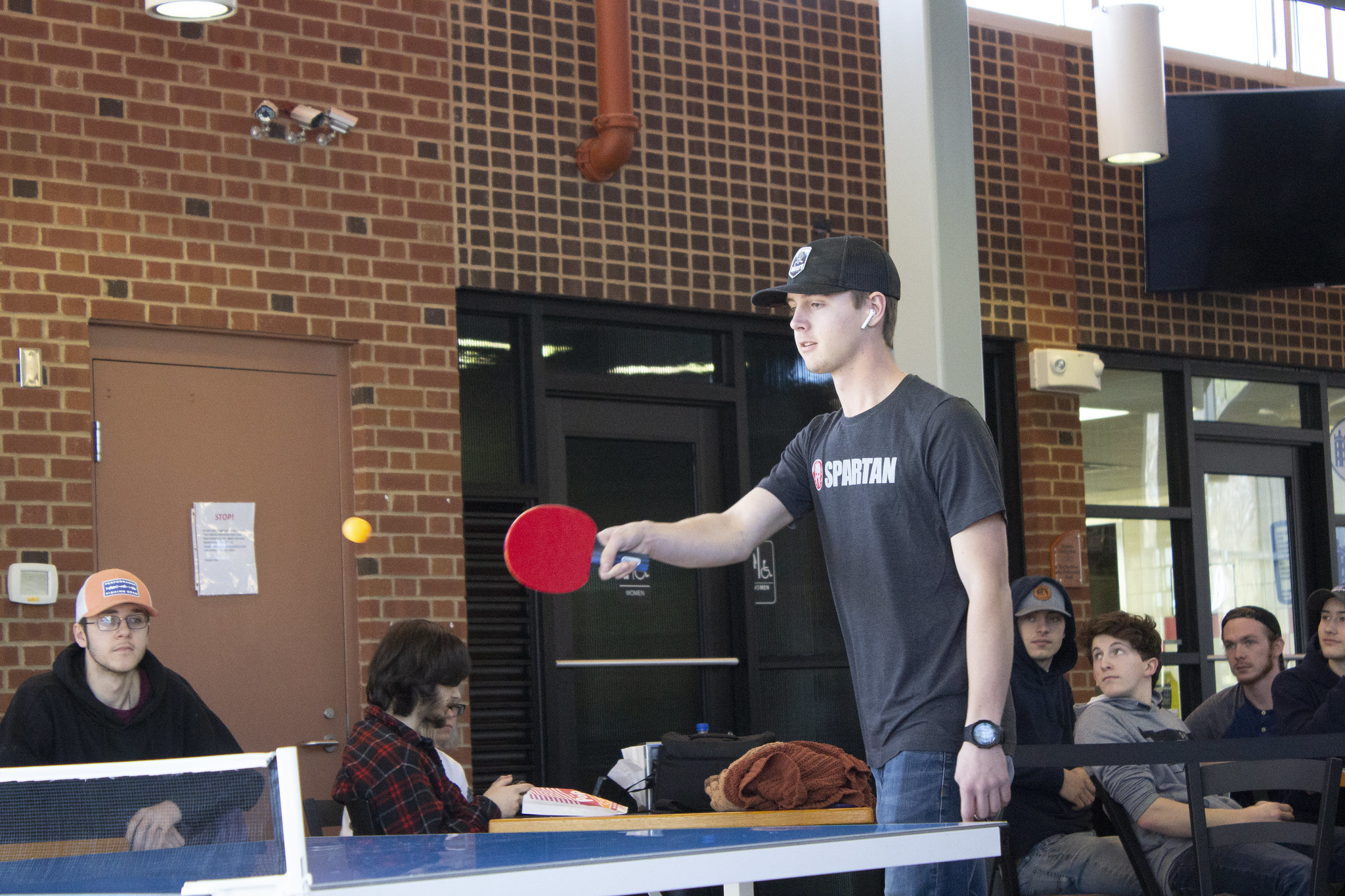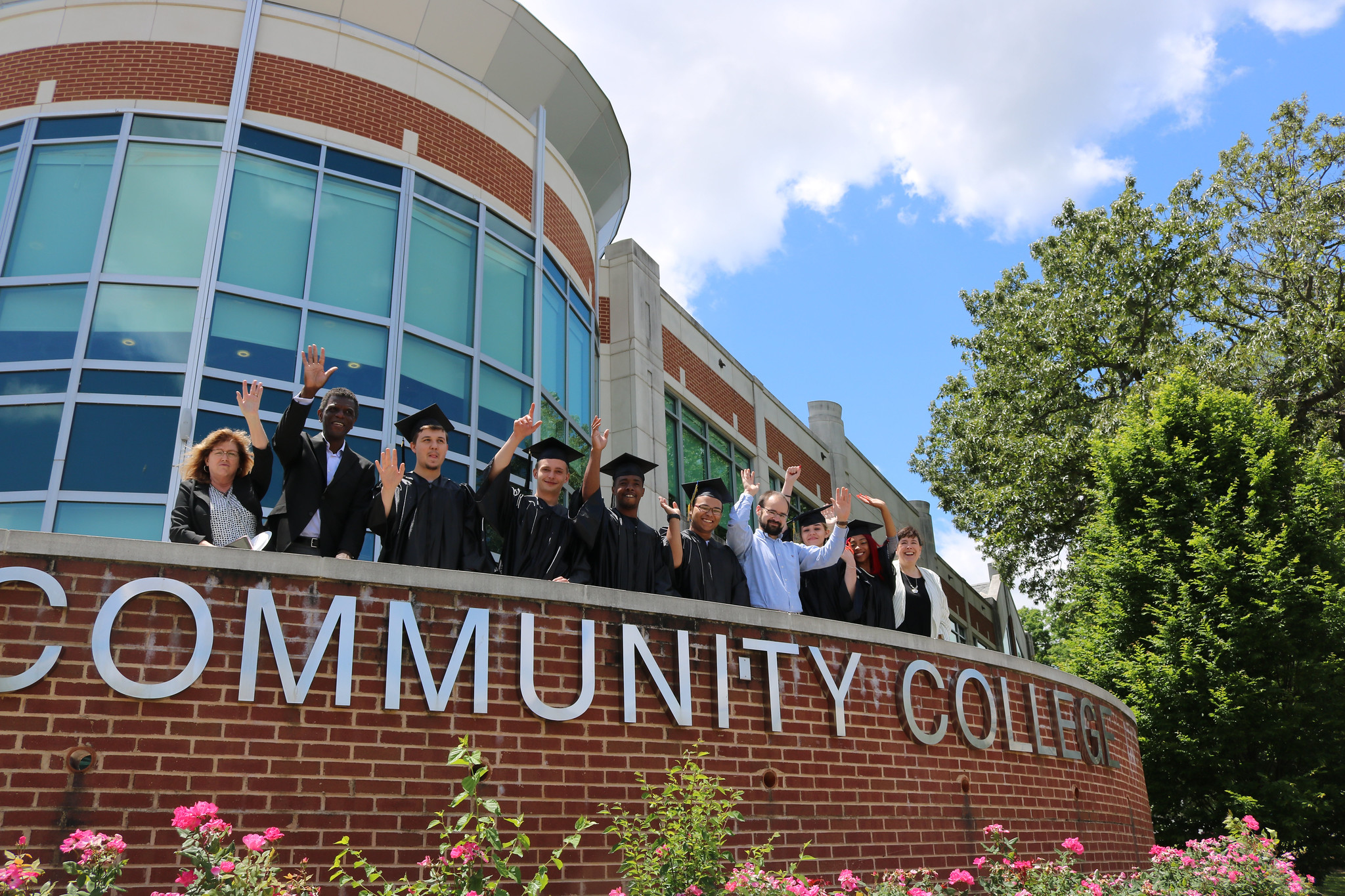Scientific Literacy is the ability to apply the scientific method and related concepts and principles to make informed decisions and engage with issues related to the natural, physical, and social world. Degree graduates will recognize and know how to us the scientific method, and to evaluate empirical information.
The following courses were planned for use to assess Scientific Literacy for the 2020-2021 and 2023-2024 academic years.
- BIO 101 General Biology
Student Learning Outcomes
Identify: Students will recognize the steps of the scientific method of inquiry leading to evidenced-based knowledge.
Method
Selected questions on exams related to the scientific method
Criteria of Success
At least 60% of students will score 70% or higher on selected items on specified exams.
Results
Data were collected from both fall and spring semester classes. The questions on the quiz were provided to all instructors teaching the laboratory sections of BIO 101 (General Biology I), and the instructors were asked to administer the quiz several weeks after the concepts being assessed were initially taught.
2020-2021:
79% of students successfully scored a 70% (or higher) on the assessment concerning terminology and concepts about the scientific method. This exceeded our expectation of 70% that would be expected to do so.
2023-2024:
76% of students successfully scored a 70% (or higher) on the assessment concerning graphing concepts and the scientific method. The expected target was met.
Sample
2020-2021:
70 students assessed out of 95 as a combined total from fall and spring. Assessment was conducted after withdrawal date, so some students originally enrolled in the course did not take the assessment.
2023-2024:
296 students were assessed out of 368 as a combined total from fall and spring. (Therefore, approximately 81% of available students completed the assessment.) Assessment was conducted after the withdrawal date, so some students originally enrolled in the course did not take the assessment. (315 students out of the original 368 students enrolled were still enrolled when the quiz was given. This was approximately 86% of the original number of students enrolled.) Of the 315 students who were enrolled at the time of the quiz, 296 students completed the quiz, which represents approximately 94% of those still enrolled at the time of the quiz.
Use of Results for Continuous Improvement
2020-2021:
Additional effort will be spent on providing more examples to students in future labs to reinforce the earlier learning while providing additional practice for application of the concepts. Incorporating two or three additional examples and relating them back to previous concepts will be done in future BIO 101 labs. This will be shared with all biology lab instructors for inclusion into future labs by the next review cycle.
2023-2024:
296 students were assessed out of 368 as a combined total from fall and spring. (Therefore, approximately 81% of available students completed the assessment.) Assessment was conducted after the withdrawal date, so some students originally enrolled in the course did not take the assessment. (315 students out of the original 368 students enrolled were still enrolled when the quiz was given. This was approximately 86% of the original number of students enrolled.) Of the 315 students who were enrolled at the time of the quiz, 296 students completed the quiz, which represents approximately 94% of those still enrolled at the time of the quiz.
All biology instructors (including dual enrollment) participated in the assessment and returned data in both the fall and spring semesters. This 100% participation was helpful in achieving a large sample size, and data spread across in-person, online, hybrid, and dual enrollment modalities.
Action Plan: Although the criteria of success was achieved, in the spirit of continuous improvement, additional effort will be spent on providing more examples to students in future labs to reinforce earlier learning. This will provide additional practice for application of the concepts. Incorporating two or three additional examples and relating them back to previous concepts will be done in future BIO 101 labs. This will be shared with biology lab instructors as warranted based on their submitted data.
- PSY 230 Developmental Psychology
Student Learning Outcomes
Identify: Students will distinguish between experimental research and correlational relationships.
Method
Subset of items from a specified exam or item(s) included in an alternate assessment
Criteria of Success
At least 60% of students will score 70% or higher either on a subset of items from a specified exam or on the item(s) included in an alternate assessment.
Results
2020-2021:
15 of 24 scored 70% or higher on 5-item quiz on experimental and correlational research methods. Thus, 62.5% of 24 tested students scored 70% or higher.
2023-2024:
Scores of 70% or higher were earned by 42 of the 60 students completing the assessment. With 7 out of 10 students achieving a score of 70% or higher, the goal of having at least 6 out of 10 earn scores of 70% or higher was met.
Sample
2020-2021:
Assessed 24 out of 26.
2023-2024:
Assessed 60 out of 97.
Use of Results for Continuous Improvement
2020-2021:
Substantial research exists showing that frequent quizzing or testing helps to improve long-term learning outcomes. Thus, one option for improving scientific reasoning is to include scientific method questions on quizzes and tests throughout the semester. This suggestion will be shared with PSY230 instructors, and they will be encouraged to include scientific reasoning questions on quizzes and tests throughout the course.
2023-2024:
The results indicate that most PSY 230 students are receiving instruction sufficient for mastering basic concepts related to scientific methodology, especially regarding experimental and correlational research.
However, PSY 230 instructors with future classes could implement an assessment that identifies which students are not mastering basic scientific methods, so that these students can be provided additional support. Such support might come in the form of a tutoring center session, an additional homework assignment, or an added in-class activity.
- CHM 111 General Chemistry I
Student Learning Outcomes
Identify: Students will explain and describe the general structure and procedures of the scientific method.
Method
Selected questions on exams related to the scientific method
Criteria of Success
At least 60% of students will score 70% or higher either on a subset of items from a specified exam or on the item(s) included in an alternate assessment.
Results
2020-2021:
75% of students scored greater than 70%.
2023-2024:
85% of students scored a 70% or better on the items.
Sample
2020-2021:
12 students out of 15 enrolled.
2023-2024:
85% of students scored a 70% or better on the items.
Use of Results for Continuous Improvement
2020-2021:
Increased efforts of engagement to encourage more submissions by all students.
2023-2024:
85% of students scored a 70% or better on the items.
- IND 243 Principles and Applications in Mechatronics
Student Learning Outcomes
Integrate: Students will create a functional circuit based on the electricity and basic circuit knowledge and skills learned in mechatronics.
Method
Functional Circuit In-class Project rubric
Criteria of Success
At least 75% of students will successfully create a functional circuit that provides proper electricity to a motor.
Results
2020-2021:
No assessment data reported.
2023-2024:
No assessment data reported.
Sample
2020-2021:
None reported
2023-2024:
None reported
- MAC 254 Machining Flow Cell IT Integration
Student Learning Outcomes
Evaluate: Students will effectively track process capability and process performance.
Method
Lab Exercise rubric
Criteria of Success
At least 70% of students will score an 80 (out of 100) or higher on the process capability and process performance lab exercise.
Results
2020-2021:
73.7% (14 out of 19) students scored 80% or higher on the process capability lab exercise
2023-2024:
No data reported.
Sample
2020-2021:
19 students assessed and 19 enrolled
2023-2024:
No data reported.
Use of Results for Continuous Improvement
2020-2021:
The skills learned to prepare students for the process capability lab are taught in prerequisite courses during the previous semester. Moving forward students will have a review period for skills needed in MAC 254 at the beginning of the class. Tutoring will still be offered Monday-Friday from 3PM-5PM for those who need extra assistance.


